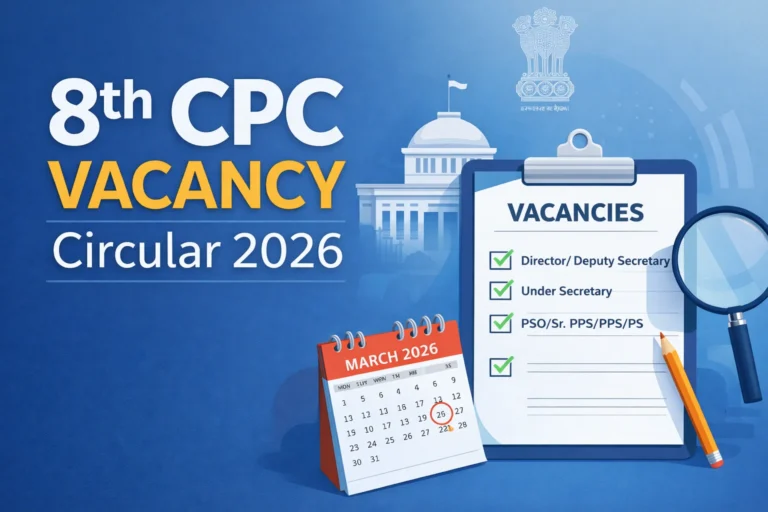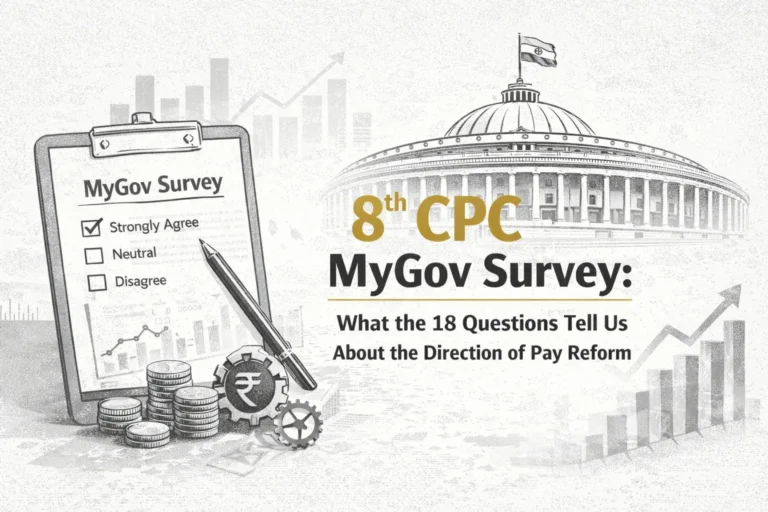Central Government Welfare Housing Organisation(CGEWHO)-FAQ
(i) What is CGEWHO ?
Ans.: "CGEWHO" stands for "Central Government Employees Welfare Housing Organisation". It is a "Society" registered under Societies Registration Act 1860 and functions as an autonomous body of the Govt. of India under the aegis of M/o Housing & Urban Poverty Alleviation.
(ii) What are the AIMS of CGEWHO ?
Ans.: To provide dwelling units for the welfare of Central Government employees on "self-financing" and "No Profit-No Loss" basis all over India.
(iii) What is the Constitutional set-up of CGEWHO?
Ans.: CGEWHO is managed on a 4-tier system viz:
General Body comprising 14 members with Secretary, M/o Housing & Urban Poverty Alleviation as its President.
Governing Council comprising 11 members with Secretary, M/o Housing & Urban Poverty Alleviation as its President.
Executive Committee comprising 7 members with Joint Secretary(H), M/o Housing & Urban Poverty Alleviation as its Chairman.
The organisation is headed by a Full-time Chief Executive Officer.
(iv) Where is the office located and what is its e-mail/ web address?
Ans.: 6th Floor, "A" Wing Janpath Bhawan, New Delhi. E-mail:- [email protected] Web-site: www.cgewho.nic.in
(v) What is the mission statement of CGEWHO ?
Ans.: (a) To undertake Welfare Housing Schemes on "NO PROFIT-NO LOSS" basis for the Central Government employees (serving and/or retired), for spouses of the deceased Central Government employees, regular employees in service of this Society and to spouses in case of deceased Central Govt. employees, by inter alia promoting the construction of houses / dwelling units. (b) To do all such things as are incidental or conducive to the attainment of the above objects or any of them.
(vi) Who all can apply for a dwelling unit from CGEWHO?
Ans.: CGEWHO aims at serving and / or retired Central Government and regular CGEWHO employees. Moreover, spouses of the deceased employees or deceased retired Central Govt. employees can also apply, if otherwise, deceased employee would have been eligible.
(vii) What is a "Dwelling Unit(DU)" and can one obtain more than one DU from CGEWHO?
Ans.: CGEWHO invariably builds apartment blocks only i.e. flat types. Further, an eligible applicant can apply for any number of housing schemes of CGEWHO. But, finally, he can be allotted only one DU under any of the CGEWHO’s housing schemes. Even if both Husband and wife are eligible, only one of them can own a dwelling unit.
(viii) Does CGEWHO also arrange financing of the dwelling units for its beneficiaries?
Ans.: CGEWHO does not arrange funds for its beneficiaries, its Housing Schemes being on self financing basis. However, requisite support/assistance for raising loan is extended, such as Format of HBA form / signing Tripartite Agreement / Providing non-encumbrance certificate(s) / Clarificatory Letter from CGEWHO (on request) / Copy of approved plan(s) / title deed of land.
(ix) Does CGEWHO collect/demand payment from its beneficiaries in lump-sum or in instalments?
Ans.: CGEWHO undertakes housing projects purely on "Self-financing" basis and collects cost generally in six instalments, spread over a period of approximately 30 months, as under:-
|
Instalment Amount |
Stage |
|
– Earnest Money |
Alongwith Application |
|
i. 30% of cost of DU less EMD |
On allotment |
|
ii. 15% of cost of DU |
On commencement of construction. |
|
iii. 20% of cost of DU |
After 4/6 months of previous instalment. |
|
iv. 15% of cost of DU |
– do – |
|
v. 20% of cost of DU |
– do – |
|
vi. All other charges, including escalation,interest,AOA charges, Stamp duty,reserve fund, Statutory levies etc. |
On offer of Possession |
OR
2.5% rebate is offered, if the Full Payment is made within 45 days of allotment, subject to fulfilling other conditions. (May refer scheme brochure)
(x) Is Co-ownership allowed?
Ans.: Yes. Co-ownership is allowed, but at the time of executing Sale/Lease Deed of the DU. Till then, a `certificate’ is issued for facilitating availing of loans to meet the requirements of financial institutions, case required.
(xi) Can a person apply for any type of dwelling unit in a Scheme?
Ans.: NO. CGEWHO Rules provide for allotments on the basis of Group of Service to which a Government employee belongs, as per the following:-
Type A(One bedroom set) – D,C,B & A Groups
Type B(Two bedroom set) – C,B & A Groups
Type C(Three bedroom set) – B & A Groups
Type D(Four bedroom set) – A Group
(xii) After handing over possession of the dwelling units, who maintains the complex?
Ans.: (i) After completion of the project, CGEWHO provide one year of defect liability period. Defects will be examined and rectified, wherever applicable, in defect liability period. Defect liability period starts from the date of completion of project and is not related to handing over of the DU to the beneficiary.
ii) All Housing Complexes, developed by the CGEWHO, are maintained by an "Apartment Owners’ Association", created by CGEWHO from amongst the beneficiaries of the concerned Scheme.
iii) Initially, an Ad-hoc Committee is formed/elected. iv) "Apartment Owners’ Association" is later registered with the concerned authorities to give it a legal status.
(xiii) Does CGEWHO charge the car parking cost separately or it is included in the cost of the dwelling unit?
Ans.: Car/Scooter parking is optional and is charged separately alongwith the final `instalment’.
(xiv) CAN A BENEFICIARY SELL THE DWELLING UNIT PURCHASED FROM CGEWHO?
Ans.: A beneficiary can sell the DU allotted to him after the same has been registered in his/her favour by CGEWHO, and after following the rules of the respective "Apartment Owners Association".
(xv) Is any penalty levied if a person withdraws from a scheme?
Ans.: No `withdrawal charges’ are levied in case of withdrawal before commencement of construction. Allottees withdrawing after the date of commencement of construction are levied "withdrawal charges" @ 15% of the first instalment. Allottees withdrawing after allotment of specific floor/flats are required to pay "withdrawal charges" @ 20% of the first instalment.
(xvi) What happens if an allottee dies ?
Ans.: The allotted DUs is transferred in the name of the nominee/legal/natural heir, on receipt of "succession/relinquishment" documents. (Format of which is available in CGEWHO’s HO).
(xvii) How does CGEWHO select a station for setting up a housing complex?
Ans.: By conducting a Paid Demand Survey.
(xviii) How does CGEWHO ensure quality of its projects?
Ans.: CGEWHO follows a four-tier supervision/inspection mechanism for all its projects, as under:
i) Supervision by the Contracting Agency
ii) Supervision by the Architect Consultants
iii) Supervision by CGEWHO’s Project Team iv) Independent supervision by a Third-Party e.g.Indian Institute of Technology/ Engineering College of that city/Central Building Research Institute, etc.
(xix) How many housing projects have been completed by CGEWHO till now?
Ans.: So far 23 housing projects have been completed by CGEWHO at Chennai(PhI)(524), Nerul, Navi Mumbai(384), Sector 14, Panchkula(Ph-I)(98), Kolkata(Ph-I) (576), Sector-51, NOIDA(Ph-I&II)(1200), Kharghar, Navi Mumbai (1230), Sector- 56, Gurgaon(Ph-I&II)(1940), Chandigarh(305), Bangalore(Ph-I)(603), Hyderabad(PhI)(344), Kochi(43), Pune(Ph-I)(159), Sector-82, NOIDA(Ph-III, IV & V)(2276), Ahmedabad(310), Jaipur(184), Hyderabad(Ph-II)(178), Panchkula(Ph- II)(240), Lucknow(Ph-I)(130), and Pune(Ph-II)(148) – Total 10872 dwelling units.
(xx) Which are the on-going housing schemes of CGEWHO?
Ans.: On-going housing schemes are at Chennai(Ph-II)(572), Hyderabad(Ph-III)(380), Mohali(Ph-I)(603), Bhubaneswar(Ph-I)(256), Meerut(Ph-I)(90), Jaipur(Ph-II)(572) and Vishakhapatnam(Ph-I)(190) with 2663 dwelling units under various stages of construction and planning.
(xxi) Which are the likely future housing schemes of CGEWHO?
Ans.: Bhubaneswar(Ph-II), Kharghar(Ph-II), Kolkata(Ph-II), Mohali(Ph-II) and
Chennai(Ph-III).
(xxii) For any further query, whom to contact?
Ans.: Shri P. K. Wadhwa, Dy Director (Admn), CGEWHO, "A", Wing, 6th Floor, Janpath Bhawan, Janpath, New Delhi-110001, contact no. 23717249.
Source: CGEWHO website








Does the scheme (Central Government Employees Welfare Housing Organisation applicable to employees of Central PSU / Government Enterprises.